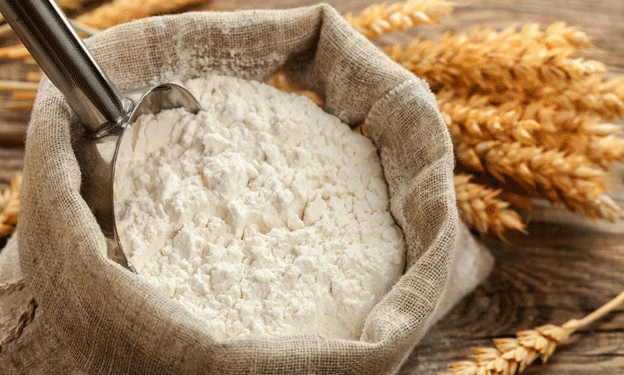Rouen’s Weekly Wheat Exports Peak for 2025—but Annual Totals Still Disappoint
In a sign of partial recovery, French milling wheat exports from the port of Rouen—the country’s busiest grain terminal—reached 87,000 tonnes during the week ending March 26, the highest weekly total so far in 2025, according to data from port operator Haropa.
This surge included three key shipments:
- 30,000 tonnes of milling wheat to Morocco
- 19,802 tonnes of milling wheat also to Morocco
- 30,000 tonnes of milling wheat to Portugal
While this weekly performance signals renewed activity after a sluggish start to the year, it still falls short of the port’s typical weekly averages, which often exceed 150,000 tonnes during peak export seasons in stronger marketing years.
Year-on-Year Decline in Wheat and Barley Shipments
Despite the recent uptick, French wheat exports from Rouen remain significantly lower on a year-to-year basis. As of March 26:
- March 2025 wheat exports from Rouen reached 214,700 tonnes
- In March 2024, the same figure was just under 700,000 tonnes
Similarly, feed barley exports from Rouen to March 26 total 125,000 tonnes, compared to 226,700 tonnes in March of the previous marketing year—a drop of 45%.
The port of La Rochelle showed some activity as well, with a 55,000-tonne cargo of feed barley in the process of being loaded (destination yet unknown), along with:
- 12,000 tonnes of feed barley for Portugal
- 31,500 tonnes of milling wheat bound for Morocco
According to European Commission trade data, France has exported:
- 1.60 million tonnes of milling wheat
- 1.16 million tonnes of feed barley
…in the 2024/25 marketing year to March 23. However, it’s important to note that EU trade figures often lag behind port reports and are subject to revision.
Competitive Pressures from Black Sea Origin Grain
One of the key reasons for France’s export lag is the increased competition from Russia and Ukraine. With Russian wheat FOB prices remaining below French values by $15–$20 per tonne in some periods, many traditional North African buyers have pivoted toward Black Sea grain, especially when price-sensitive.
Additionally, quality concerns following wet harvest conditions in parts of France have limited the volume of exportable Grade 1 and 2 milling wheat, further reducing France’s ability to compete in premium markets like Algeria and Morocco.
While Rouen’s 87,000-tonne wheat export week is a positive sign for French grain traders, the broader picture reveals challenges in maintaining competitiveness in a saturated global market. High-quality grain supply, price competitiveness, and logistics efficiency will remain key for France to regain its position in traditional export destinations. For farmers and exporters, improving grain quality and aligning with shifting market preferences will be critical as the season progresses.
Error





